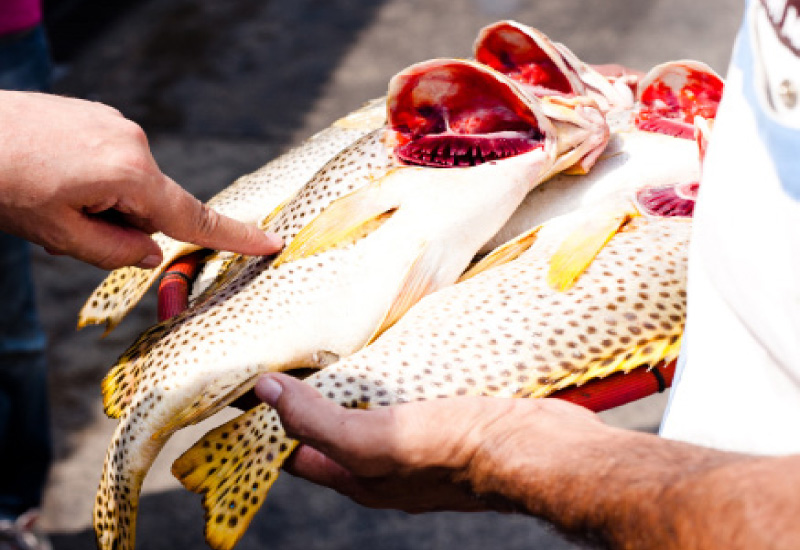Education Upfront
There have been unanimous calls over education — but how does one go about that? Choose Wisely and Slow Food Dubai exist, but do they have any teeth? Mejia chooses not to comment, instead saying: “We are leading from the front and are very happy for others to follow.”
And while Fleming says he is an avid supporter of the Choose Wisely programme, he adds that the noticeable impact is made by large organisations and their efforts, such as Starwood which has a firm sustainability stance in place.
He explains: “I feel that there are two factors in this issue. Firstly, people tend to stick to what they know. If they grew up eating a certain variety of fish then the likelihood is that they will continue with this choice rather than a less known variety. Secondly, people are not truly aware of their choices. More awareness needs to come from the media of the effect of overfishing and quotas.”

| Advertisement |
Eid agrees: “Habits are the biggest issue, and people hardly think in terms of sustainability. The consumers will think about what is cheaper and what is fresher, and that’s it. So we have to start with teaching the children in school, or trying to create local TV documentaries to really push people to think before they eat or buy.”
Eid is taking a step in this direction himself: he has teamed up with local food tour company, Frying Pan Adventures, to launch a seafood tour where he and the tour firm’s founder Arva Ahmed will lead people to the Deira fish market and educate them about the different kinds of fish available locally, how to avoid buying endangered species, and other tips.
It really is a buyer’s market for seafood, and Allais-Maré says the consumer is the market, and the market dictates what producers and fishermen will provide. “Until we educate the public in the need for sustainability in all areas and facets of our food culture, then we are fighting a losing battle.”
Mejia agrees and adds: “The biggest issues are ignorance and irresponsible behaviour by the industry and the population at large, coupled with non-enforcement. People have become so used to buying blindly from supermarkets and chains without thought, and everything being available on tap all year round, they have no real interest beyond paying lip service and pretending to do the right thing.”
Vetting procedures may happen from the side of the chef or restaurant, but Allais-Maré adds little else happens in the market.
“Yes, there are procedures and laws, but very little implementation of the law or regulations. I have yet to see inspectors at the fish market checking on the size of catches or confiscating illegal catches.” On a recent visit to the fish market, Caterer Middle East found rows of baby sharks and hammours laid out on display for prospective buyers.
Recounting a personal experience, Allais-Maré continues: “We need to inform our suppliers of what we are and are not prepared to purchase. We have been to various Emirati restaurants in the region, and shark and hammour was the first dish they suggested, with pride. When we mentioned that we don’t want that due to them being threatened and over-fished, we were literally laughed at and jeered. It was quite an experience.”
Article continues on next page ...









 Search our database of more than 2,700 industry companies
Search our database of more than 2,700 industry companies









